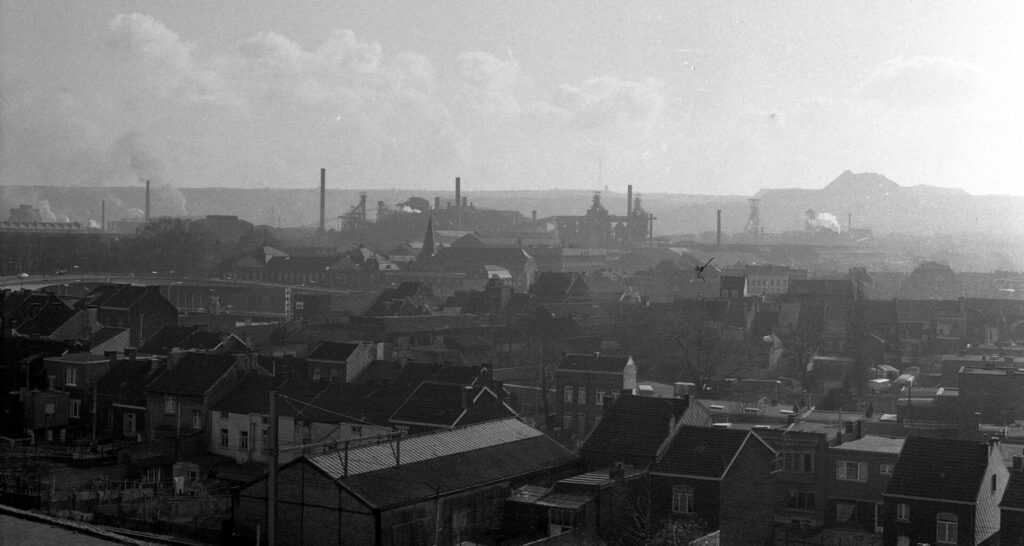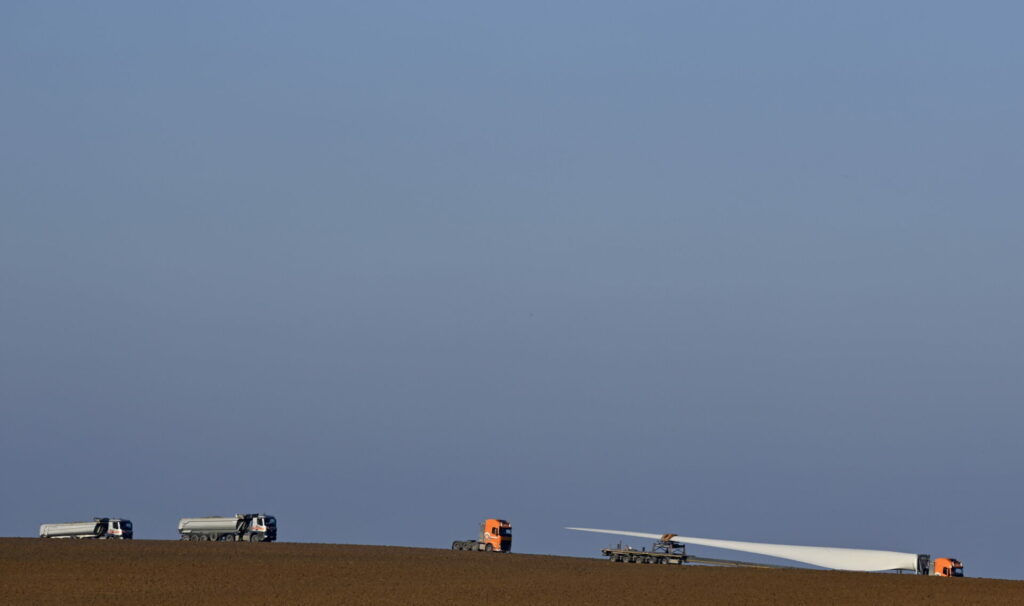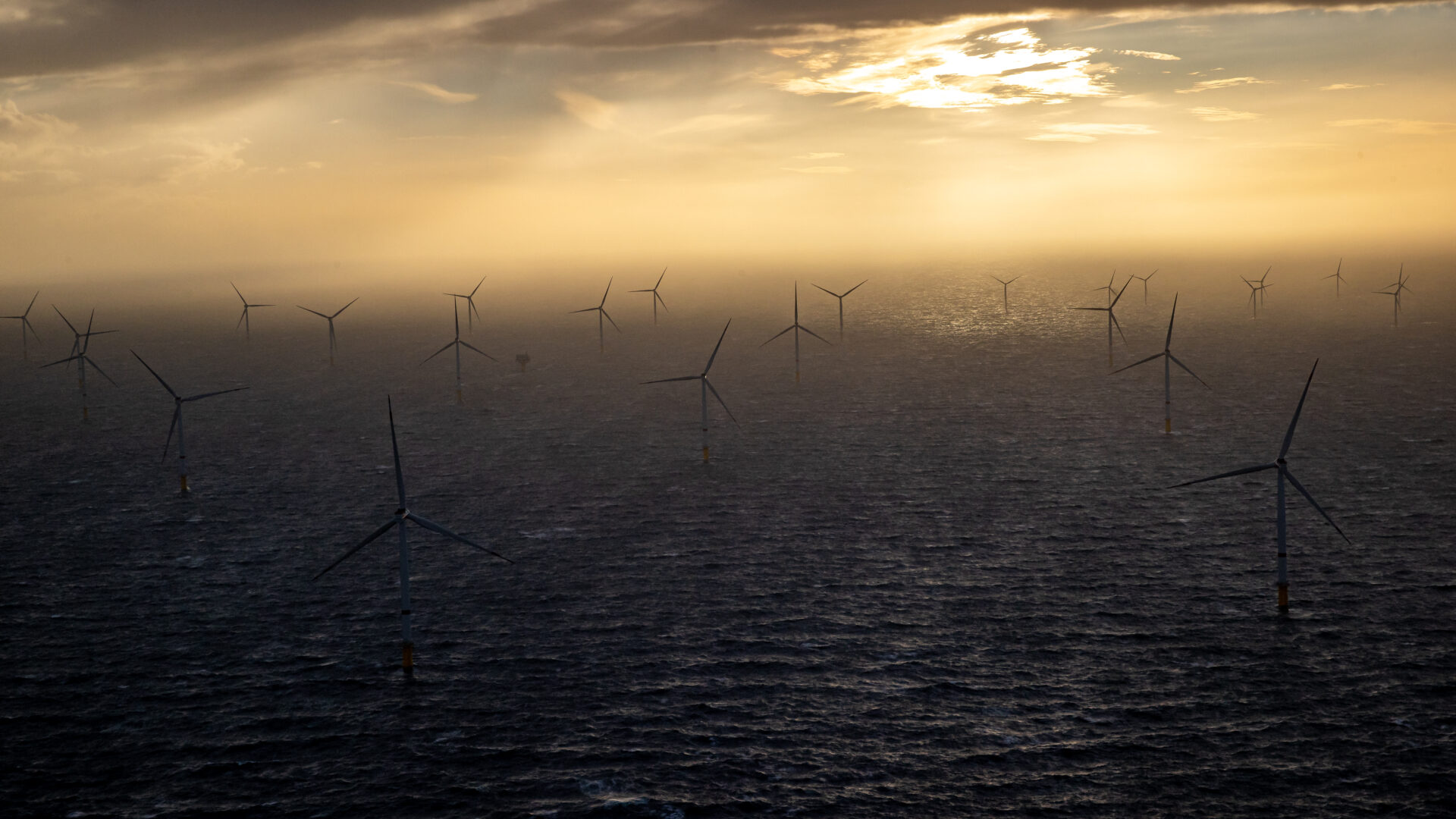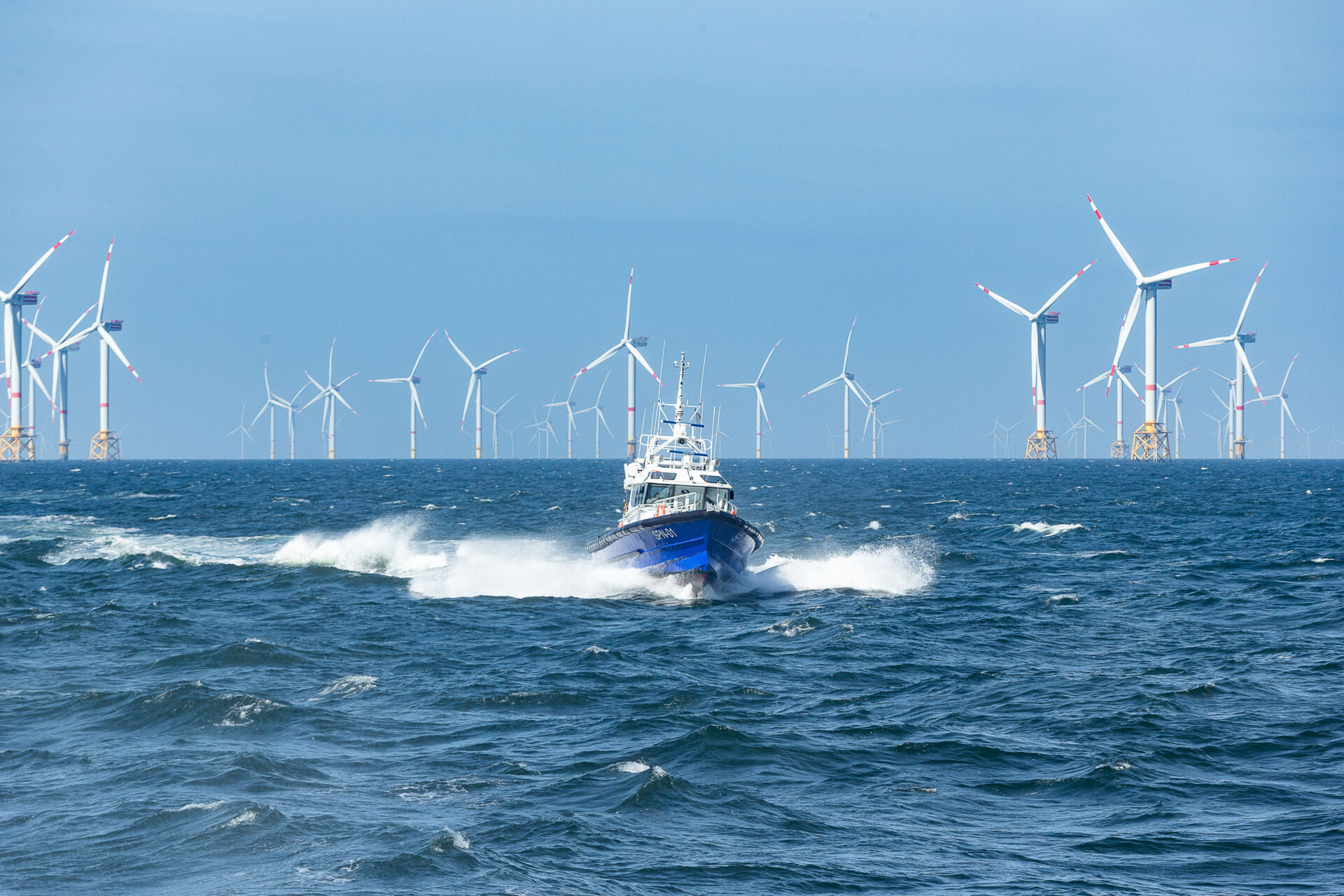With the 'green energy transition' high on the international agenda as world leaders convene at COP28 to discuss how to overhaul global energy systems and cut dependence on fossil fuels, momentum is growing to invest heavily in renewables and energy-efficiency measures.
But how far are we from realising our climate objectives and could we really generate enough clean energy to supply our voracious demand? The technologies to achieve this are already being rolled out, but how long might it be before nations are ready to cut ties with fossil fuels? It will take massive investment, innovation, and political will to bridge the gap between what is possible and making it happen.
Moreover, the technical barriers that must be overcome call for a specialised understanding. Whilst consumers can now install solar panels or drive electric vehicles, domestic energy consumption provides limited insight into national grids – in particular when major industries are taken into consideration, many of which cannot simply be electrified like our homes.
To highlight the scale of the challenge, the International Energy Agency points out that global coal consumption hit an all-time high in 2022 – a trend it predicts will continue this year. Cutting fossil fuel dependency would first necessitate a radical shift to electrify industrial processes. Whilst Belgium is making year-on-year gains in renewable electricity production, notably in wind and solar, this is still a long way to go.

Coal remains key to steel production, though this site of the Cockerill blast furnace of Ougree (near Liège) is now defunct, 1972. Credit: Belga archives
Emmanuel De Jaeger, a professor of Electrical Energy Systems at UCLouvain, explained the complexities of the issue to Le Soir. He noted that that the problem isn't so much producing the requisite quantity of electricity, but rather when that power is delivered. Key to the question of supply is demand, and being able to meet it precisely when needed.
On this point, renewable energies are not predictable and depend on intermittent meteorological conditions. For example, Belgium's offshore wind farms in the North Sea are estimated to deliver 40% of their total capacity, given the variability of winds.
This is a sharp contrast to fossil fuels, which have the advantage of being readily available the instant they are needed. Whilst the volatility of renewables can be mitigated by diversifying (ie. having a mix of sources), the success of Europe's energy transition hinges largely on its ability to create energy-sharing networks and storage facilities.
Balancing the peaks and troughs
To this end, Belgium is already laying the groundwork for battery farms capable of storing surplus energy. It also has positioned itself as a pioneer of hydrogen as an alternative to liquefied natural gas (LNG) that remains critical to Europe's energy mix. Yet despite the fact that burning hydrogen releases concentrated energy without producing greenhouse gases, how 'clean' it is depends entirely on whether it is created using a renewable energy source.
In addition, the electrolysis process required to make hydrogen is energy-intensive, meaning that even if this is done using renewable energy, it is inefficient. The energy released when burning the hydrogen only provides around 25% of that which was first required to produce it.

A wind farm under construction in Boneffe, Wallonia, January 2022. Credit: Belga / Eric Lalmand
Whilst Belgium is now able to meet over 20% of its electricity needs through wind and solar, removing fossil fuels from the mix would make the country vulnerable to periods of reduced renewable production. Although households might be able to adapt to a certain level of flexibility – for instance running appliances such as washing machines overnight – the same elasticity is difficult for industries to achieve.
It becomes even more difficult in the longer term. For instance, the EU has been proactive in replenishing oil stocks to prevent another energy crisis. Whilst we currently have the facility to store large quantities of oil, it is much harder to store renewable electricity.
Furthermore, whilst solar panels might be able to contribute a significant portion of energy needs in summer, they have a considerably lower output during the winter months.

Offshore wind farm in the North Sea. Credit: Belga / Kurt Desplenter
Playing catch-up with deadlines
Still, one of Belgium's leading energy engineers Damien Ernst is optimistic that the world would be able to produce enough electricity from alternative sources to do away with fossil fuels. More pertinent is ensuring that supply could reach demand. On this front, Ernst has previously called for an international grid to share energy between nations.
However, the ULiège professor underlines that there would be major hurdles: "All the factories [that produce green technologies] are saturated. Their order books are full. Same too for AC/DC current converters. Production sites will have to ramp up capacity. Right now, there is an industrial block that risks delaying the energy transition by five to ten years."
On top of this are legal hold-ups, with permits for new projects subject to heavy government scrutiny and debate. The question of Belgium's nuclear prospects – which Ernst discussed with The Brussels Times – created a deep rift between ministers that cast doubt over the country's energy sovereignty.
Related News
- Belgium in Brief: Bringing detail to the nuclear debate
- Green hydrogen plant to open in Ghent in early 2025
All things considered, Ernst balances technical optimism against the realities of a continent still deciding on a course of action. He calls attention to the disjointed approach which sees nations disagree on where to invest and how to structure the necessary regulatory framework.
His verdict on the EU's aim to slash greenhouse gas emissions by 55% by 2030 and achieve carbon neutrality by 2050? "It seems unlikely that we will get there by 2030 – that would require a miracle. But I think there will be many positive surprises when we look ahead to 2040... though this may be leaving things too late."

